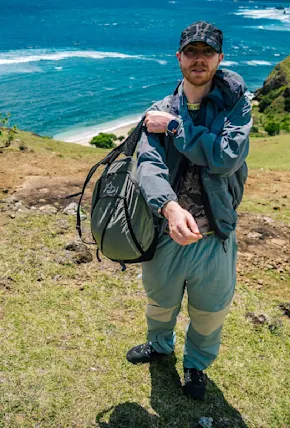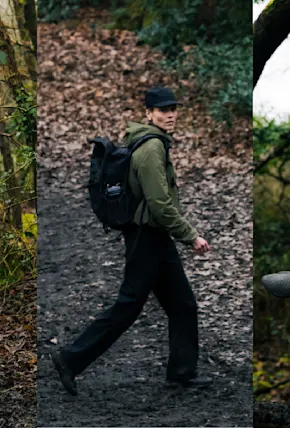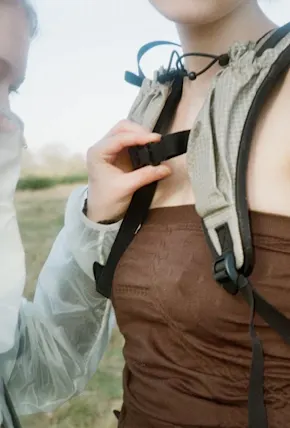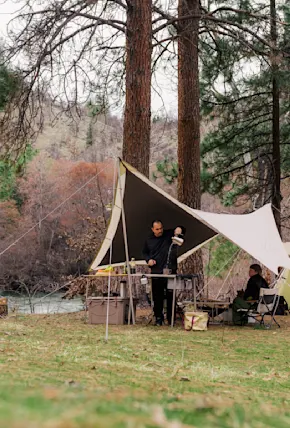When we think of Japanese clothing brands, images of Uniqlo’s no-frills offerings or streetwear giants like A Bathing Ape often come to mind. Maybe Kapital or Beams if you're into style. But for those with an interest in the outdoors, the list of impressive brands that align both with the country's beautiful natural landscapes and the megacities like Tokyo is impressive.
Because here’s the thing about outdoors gear in Japan—city folks love these brands just as much as the nature nerds do. Japan is full of juxtapositions with ancient temples amidst modern skyscrapers. It’s no wonder that these retailers create gear that effortlessly merges the urban landscape with the great outdoors, a movement that has, unsurprisingly, gained plenty of traction in the U.S. over the past decade (ahem, gorpcore).
And with Japan's increased investment in building long trails for thru-hiking—like the Michinoku Coastal Trail, which we hiked this past September—local opportunities for taking this design-driven gear to the trail are only growing.

Hiking the Michinoku Coastal Trail | Photo by Field Mag
[*Ed Note: Check out our guides to Korean outdoor brands to know and the best Scandinavian outdoor brands for more aesthetic gorp.]
In Japan, there’s a growing surge of niche brands that are embracing this philosophy on a more intimate scale, too. While no longer considered quite niche, larger companies like Goldwin and Nanamica have masterfully blended city chic with techwear functionality, crafting clothing that excels both on bustling city streets and winding forest trails.
If you've ever flipped through the densly packed pages of a Japanese outdoor magazine like GO OUT, you'll know there are plenty more outdoor brands in Japan not to sleep on. Some of these brands focus exclusively on top-notch gear like tents and sleeping bags, while others are more focused on seamlessly blending techwear with outdoor culture. Each one is unique, and each one is worth putting on your radar (and perhaps buying a plane ticket for). So read on to learn all about the 13 Japanese outdoor brands you need to know.





















